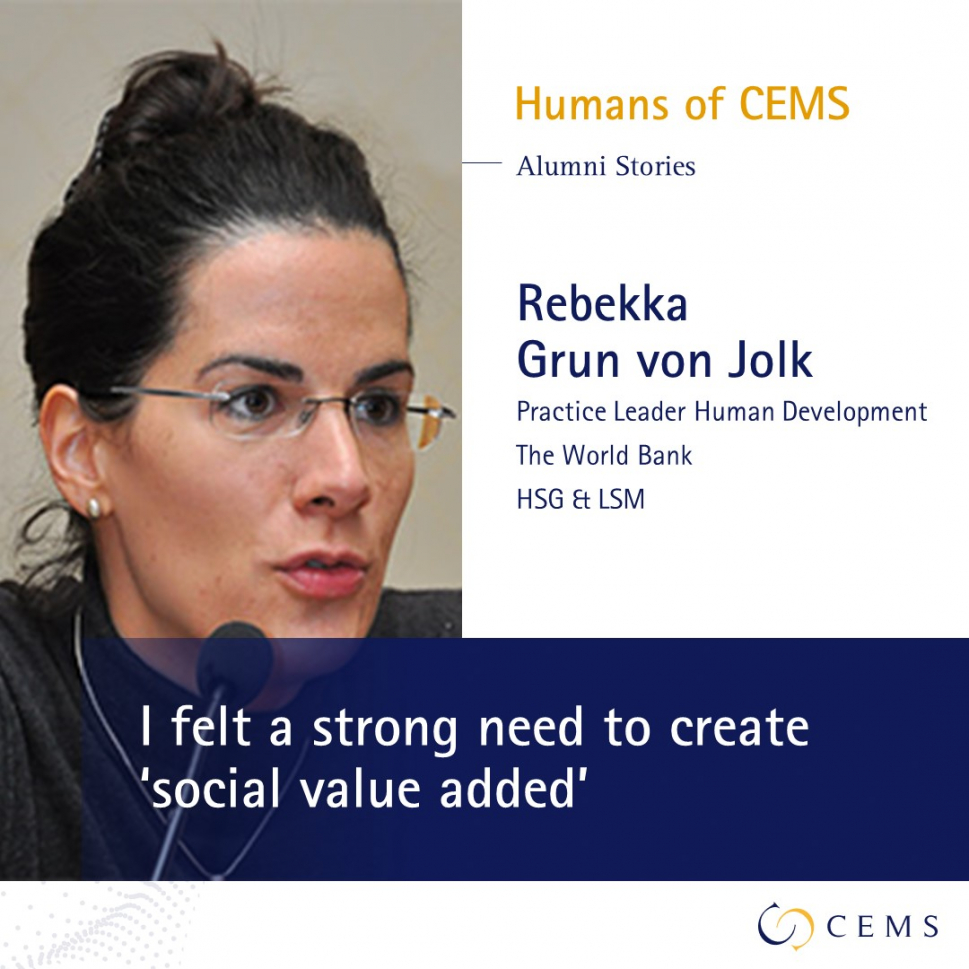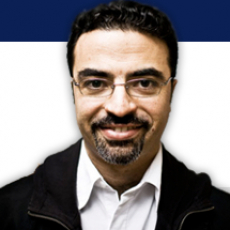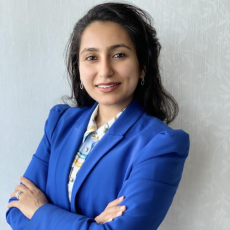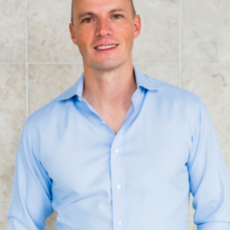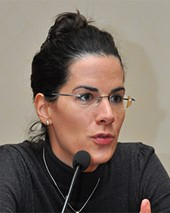
More info
HUMANS OF CEMS: I FELT A STRONG NEED TO CREATE SOCIAL VALUE ADDED
Today, in our Humans of CEMS series, Rebekka Grun von Jolk reflects on her mental shift from consulting into human development projects in Africa. And for the singles among you, she provides an economist’s perspective on finding the right romantic partner.
1. Your career started with consulting at Monitor Group and Frontier Economics, then you were part of the UK Prime Minister’s strategy unit and now you lead the human development practice of the world bank. What was the most interesting task you ever had?
You know, it’s a bit like the last task is always the most interesting. Or at least, the most challenging. Right now, I need to make sure that the World Bank financed projects in education, health and labor/social protection, in the countries of Cabo Verde, Gambia, Guinea Bissau, Mauritania and Senegal, get implemented as foreseen. There is a lot that can get road blocked and then I need to mobilize people, resources and ideas to unblock things. Before my current posting, I needed to find and support creative ways to make our projects work when the context turns violent. There is a whole science behind measuring, preventing and adapting to violent threats, so that services can still get to people. And I am proud to say that my team helped drive that science.
And then there are the tasks that are so interesting and important that they accompany you through different career stages. I conceived a particular way of organizing childcare and bringing it to scale when I worked for the UK Prime Minister; a key feature is training unemployed women to be childminders. I used a similar principle to scale up quality childcare in different African countries, training workfare beneficiaries as assistant childcarers; and in this version, the childcare was also mobile, without fixed buildings. A recent rigorous impact evaluation showed that it works surprisingly well: the children thrive and the parents work more productively and earn more.
2. Did you always want to pursue positions that serve a good cause or has this developed over time?
It developed over time. Initially, I had general plans to be a diplomat, because that would be a varied career, leading me to different countries and subjects. Then, after my studies, I started out as a management consultant, hoping to eventually advise governments. Working very hard consulting the private sector on business strategy, I realized that both our choices and our impact as consultants were very limited. The choices, because we had to respond 1:1 to client demand and market demand, no matter how useful we would judge that demand in the long run. And limited impact, because we generated value added for firms and rich individuals but not visibly for society or countries as a whole. When observing that, I felt a strong need to create ‘social value added’. If I already invest most of my life, most of my hours, into work – then it needs to be something really worthwhile. Something that creates benefits at a higher and more sustainable level.
3. You hold a PhD in economics. What advice can you give students with a business background who want to work at the World Bank?
The World Bank Group has an investment bank arm, the International Finance Corporation IFC. They look specifically for people with a business background. We also have an insurance arm, the Multilateral Investment Guarantee Agency MIGA. But also at the (core) World Bank where I work, and which gives credits and grants to governments, there are people with a business background.
If you have a business background, IFC’s work creating bankable projects in challenging circumstances may be most appealing to you. If you have a particular interest or background in insurance, MIGA’s work insuring private sector investments in developing countries may be for you. Both document in detail on their websites how they recruit for internships or jobs at different levels.
4. You lead a diverse team across continents and have worked in Africa for almost six years now. Is there anything specific from CEMS that helped you prepare for such an intercultural career?
CEMS helped me in a variety of ways. For one, the language impact was excellent and did not cut any corners. After years of training in French for business, six months study in Louvain-La-Neuve in Belgium, and a three-months French immersion internship with the investment funds federation in Brussels, I felt really fluent enough to handle any work environment in French. Then, moving around and living in different parts of the continent or the world got a ‘normal’ tinge to it through CEMS. Last but certainly not least, the CEMS community consists of really diverse people, representing different cultures and backgrounds, and this too starts feeling very normal. The CEMS community is also immersed and well interlinked with a diverse environment wherever it takes root. For example, in Louvain-La-Neuve, there was a whole social life including cafes, parties and radio stations run by students from the Democratic Republic of Congo. I learned a lot about Kinshasa at 22, without ever having been there.
5. On your blog “Dateconomics” you write about the economics of love. How do we find a lasting and happy relationship?
LOL, it will take a whole book to answer that question! But hang in there, the book will come. There is also a TED talk of mine that gives away a few secrets.
For now, there are two things you could try for the ‘finding’ part: 1) Figure out what you want. That can mean literally sitting down with yourself and putting 5 criteria on paper that you absolutely need in a partner. Ideally criteria you can enquire about in 1-2 dates. Anyone that does not meet your 5 criteria within the first two dates won’t be seen again. 2) Cast your net wide. Get to know many people and don’t become too serious too soon. It is ok to see various people if you are just going for coffee or meeting in small groups.
And here is one thing you can try to make it last: share difficulties and adventures with your partner. When the two of you go through challenges, or any scary thing really, together, it creates a bond. Whether you ride a roller-coaster together, or help flood victims, you will share a thrill that creates and sustains attraction. There is empirical evidence on this.
